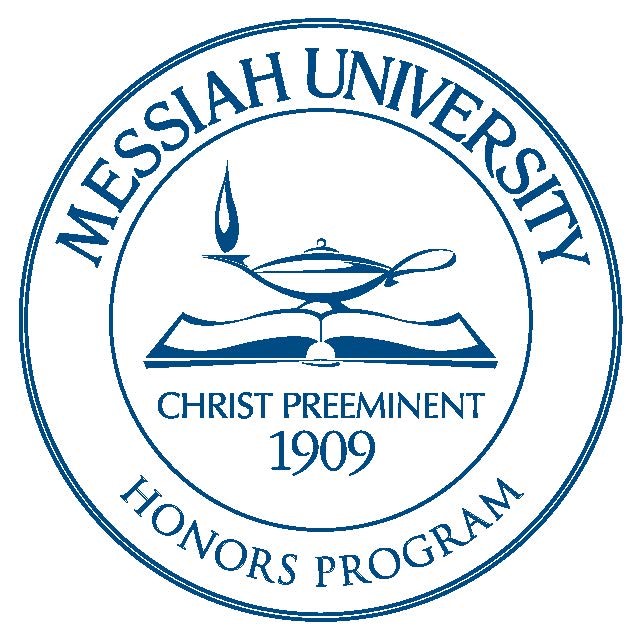Date of Award
2013
Document Type
Thesis
Department
Biological Sciences
Abstract
Pancreatic cancer is the fourth leading cause of cancer mortality. The gastrointestinal hormone, gastrin, stimulates human pancreatic cancer growth via its receptor, CCKBR, and a splice-variant of CCKBR (termed CCKCR) detected only in cancer cells. This cancer-associated variant retains the fourth intron and exhibits increased cell signaling. Recently, a single nucleotide polymorphism (SNP; C>A) in the fourth intron was identified. Presence of SNP(A) was correlated with CCKCR protein expression in pancreatic cancer specimens and decreased patient survival. We hypothesize expression of human CCKCR in murine pancreatic cancer cells will increase tumor growth and metastasis relative to expression of human CCKBR. The aim of this study was to engineer PANC02 murine pancreatic cancer cells to express hCCKBR or hCCKCR (each SNP form). While vectors encoding hCCKBR and hCCKCR-SNP(C) existed, a version mutated to form the SNP(A) required sub-cloning into a vector capable of transfection and selection in mammalian cells. The gene was excised and ligated into pCAGEN.neo. Resulting clones were screened by restriction analysis to confirm insertion and correct orientation of the gene. DNA sequencing confirmed the status of the SNP in each vector. Next, hCCKBR, hCCKCR-SNP(C), hCCKCR-SNP(A) and empty-vector (pCAGEN.neo) were transfected in parallel into PANC02 cells. Resulting neomycin-resistant clones were isolated and RNA was harvested. Clones were screened for up-regulation of corresponding receptor mRNA by endpoint RT-PCR (GAPDH , loading control). Up-regulation was evident in most clones: hCCKBR (11 of 11 clones), hCCKCR-SNP(C) (7 of 10), and hCCKCR-SNP(A) (11 of 11). Real-time RT-PCR analysis is currently ongoing to more precisely quantify mRNA expression relative to empty-vector controls. The results of this study will permit in vivo tumor growth and immunotherapy studies in an immune-competent syngeneic murine model.
Recommended Citation
Sell, Shannon V.; Jones, Glenn R.; Matters, Gail L.; and Harms, John F., "Expression of the Human Gastrin Receptors CCKBR and CCKCR in PANCO2 Murine Pancreatic Cancer Cells" (2013). Honors Projects and Presentations: Undergraduate. 161.
https://mosaic.messiah.edu/honors/161


